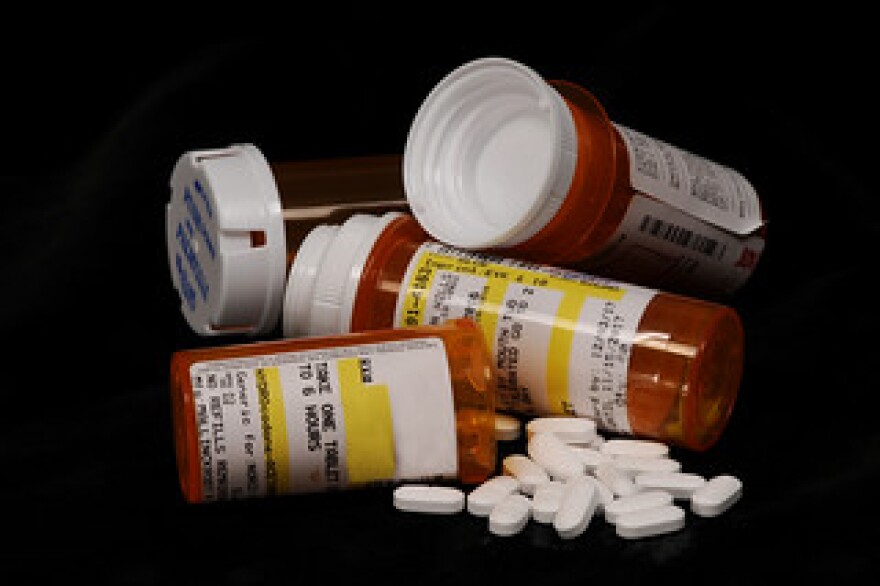Shalayne Smith Needham- The opioid epidemic has been an ongoing battle that has been fought for years in the United States. In July 2018, Utah State University started its Health Extension Advocacy, Research, and Teaching or HEART Program in an effort to educate people on public health crises such as opioids. Dr. Ashley Yaugher is a HEART Initiative Coordinator and Team Lead.
How does HEART help fight against the opioid epidemic?
Dr. Ashley Yaugher- So HEART is a great resource. Our health and wellness faculty are from a diverse multidisciplinary background that serves the state of Utah, address this opioid crisis and opioid use disorder within nine counties suffering its most devastating effects of overdose losses.
HEART partners locally with key stakeholders, to coordinate the underground efforts that bring about this important change that we're seeking.
SSN- COVID-19 has changed so much of our lives, how has a pandemic affected the opioid crisis?
AY- COVID-19 has been rough on all of us, including, specifically people with opioid use disorder, who are often already a marginalized group. People struggle with getting access to care and all of these things.
There's been a lot of research recently that has shown that these epidemics and pandemics are increasing together. So the opioid crisis continues to rise while we have this pandemic and it's surging. A lot of researchers have found that these have continued to increase together.
SSN- Talk to us a bit about some of the successes that the HEART Initiative has seen since the launching of the program.
AY- Yeah, HEART has been successful. In our first year, we brought in over $3 million collaboratively to the university and through partnerships in our local communities to bring about some great programming efforts.
And then our last year, we're coming in at over $5 million in the past year in collaborative funding that we brought to our communities in Utah. It's been wonderful to touch the lives of so many people and provide the services that we do.
Within all of this, we've done lots and lots of Narcan or Naloxone training that are opioid overdose reversal training. And people have reported that after these trainings, they've saved lives. And that's really what it's all about.
SSN- Where can we find more information on the heart program and resources available on the opioid crisis?
AY- If you want to learn more about the heart initiative, you can visit our website. We update it very often with research and different topics that are of interest. You can visit extension.usu.edu/heart.


